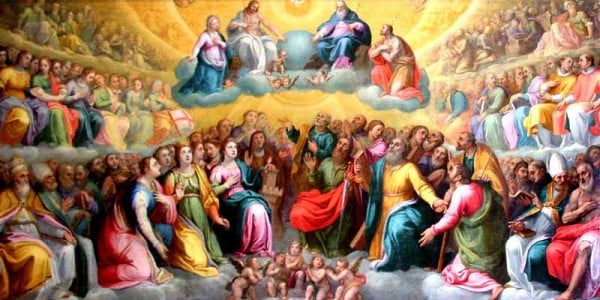Chinese Martyrs Parish, Markham
- 主頁
- 我們的社群
-
我們的事工
- Faith Development 信仰培育
- Liturgical Ministries 禮儀組
- Music Ministries 聖詠團
-
Outreach Ministries 外展服務
- The 333rd Markham Scout Group 萬錦第333 童軍旅團
- Families of Love 主寵愛之家
- Legion of Mary-Our Lady of Sheshan Praesidium 聖母軍佘山聖母支團
- Legion of Mary-Queen of Chinese Martyrs Praesidium 聖母軍 - 中華殉道聖人之后支團
- Mandarin Knights of Columbus – Fr. Vincent Lebbe Council 哥伦布骑士会16726雷鸣远神父属会
- Knights of Columbus – Chinese Martyrs Council # 15463 哥倫布騎士會中華殉道聖人屬會
- Recreation Group 康樂組
- Walking with You Cancer Caring Group 伴你行癌症病人關顧小組
- Welcoming Team 迎新組
- Parish Support Groups 功能及其他組別 (1)
- Parish Support Groups 功能及其他組別 (2)
- Prayer Groups 祈禱會
- Youth Ministries 青少年 組
- 我們的信仰
- 堂區生活
- 公告欄
- 聯络我們
- 搜索

效法諸聖同禱 Pray with Saints
讓我們學習聖人的祈禱來切合祈禱年,並效法聖人的芳表,從他/她們的生平事跡來默想反省,也祈求聖人的故事能啟發青少年及幫助他們培養基督徒的價值觀。
Let us learn the prayers of the saints in the spirit of the Year of Prayer, imitate the examples of the saints, meditate and reflect on their life stories. We also pray that the stories of the saints will inspire our youths and help them cultivate Christian values.
*點擊以下聖人名字瀏覽詳細内容*
(反回本頁頂部 back to top of the page)
Chinese Martyrs Parish, Markham
©2020年多倫多總教區。版權所有。
